Organisers
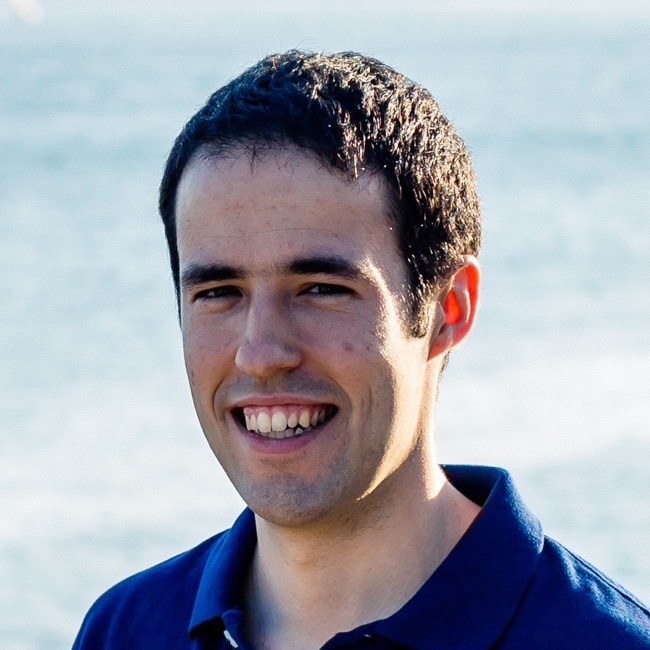
Francisco Nunes is a Researcher at Universidade Nova de Lisboa and a final-year PhD student at TU Wien. His research focuses on self-care technologies and how these tools can offer a greater level of participation to patients and carers living with Parkinsonâs. Franciscoâs background is in informatics engineering, but he works at the intersection of computer science, medicine, design, and the social sciences.
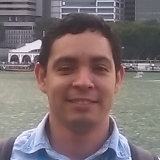
Nervo Verdezoto is an Assistant Professor/Lecturer in Human-Computer Interaction at the University of Leicester, UK. His work combines fieldwork with user-centered design methods to further understand peopleâs everyday practices, different stakeholderâs needs, and how people appropriate technology. In the healthcare domain, he has been involved in various projects investigating the challenges of older adults (and their carers) performing medication management and self-monitoring practices at home and how technology could aid or constraint their participation in healthcare.
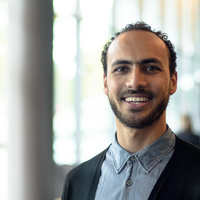
Tariq Osman Andersen is assistant professor in the Human-Centred Computing group at the Department of Computer Science at the University of Copenhagen. He is PI on a 3-year R&D project in mHealth called (SCAUT). The project is running a living-lab with 60 pacemaker patients and combine agile prototyping with fieldwork and participatory design methods. The aim is to improve patient participation without more time spent in the clinic. This is obtained through asynchronous communication between patients and clinicians.
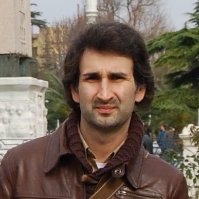
Rui Neves Madeira is a lecturer in the Systems and Informatics Department at Instituto Politécnico de Setúbal and a final-year PhD student at Universidade Nova de Lisboa, having just submitted his PhD dissertation this February. His main research focuses on personalisation and user modelling towards human-centred pervasive computing scenarios. In the healthcare domain, he has been involved in different projects related to pervasive healthcare environments and mobile health for self-care, while applying personalisation and serious games concepts, and fostering the participation of patients and carers.

Geraldine Fitzpatrick is Professor of Technology Design and Assessment at TU Wien. She is interested in patient-centred perspectives for the design and use of technologies to support motivation and behaviour change, health and wellbeing, and self-care in chronic conditions. In this work, Geraldine seeks to understand everyday practices and improve the participation of patients and carers in their healthcare. Furthermore, being initially trained in nursing and midwifery, she brings a practical clinical understanding to the discussion.
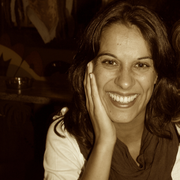
Carla Mendes Pereira is a lecturer in the Physiotherapy Department at the Health School of the Instituto Politécnico de Setúbal; she has a doctorate in rehabilitation from St Georgesâ: University of London, with main research interests in neurological rehabilitation, particularly, seeking to understand how health professionals may support patients living with a chronic disease, as well to understand and improve the involvement of carers in the healthcare management. More recently, she has been also involved in projects towards mobile health apps to empower people with neurological conditions (e.g. stroke and Parkinsonâs disease) and carers in the healthcare management. These mHealth projects aim to provide patients and carers with self-management capabilities to help them feel empowered in their ability to find strategies in a more informed and collaborative way.